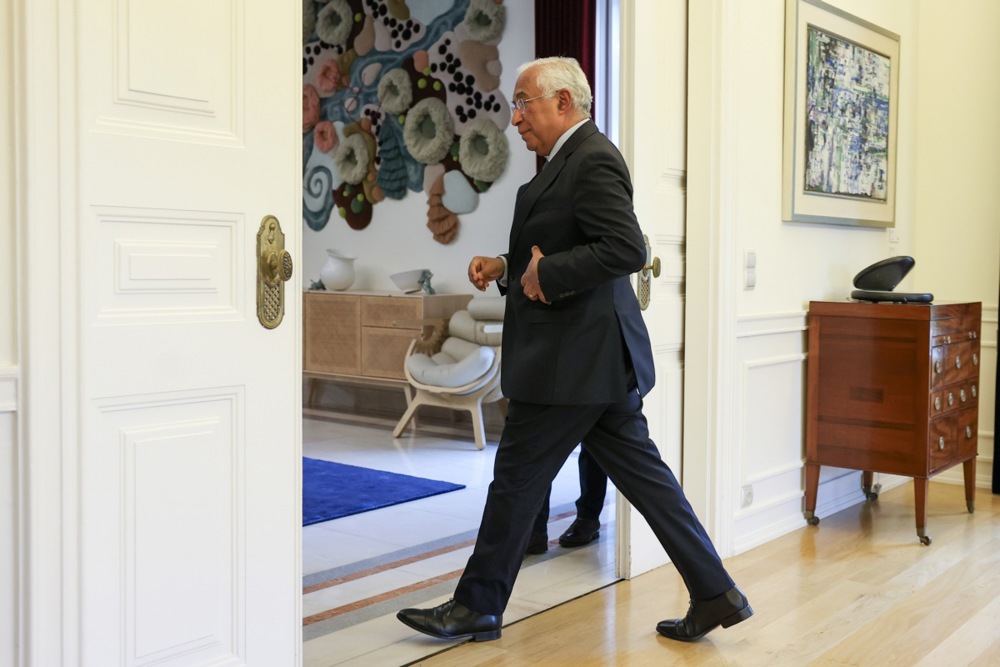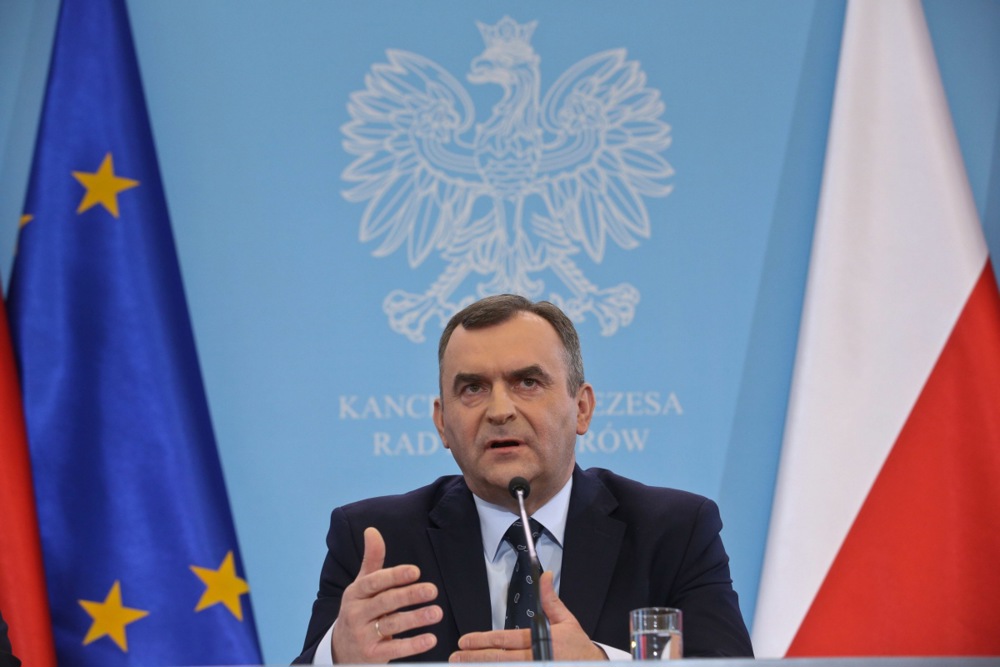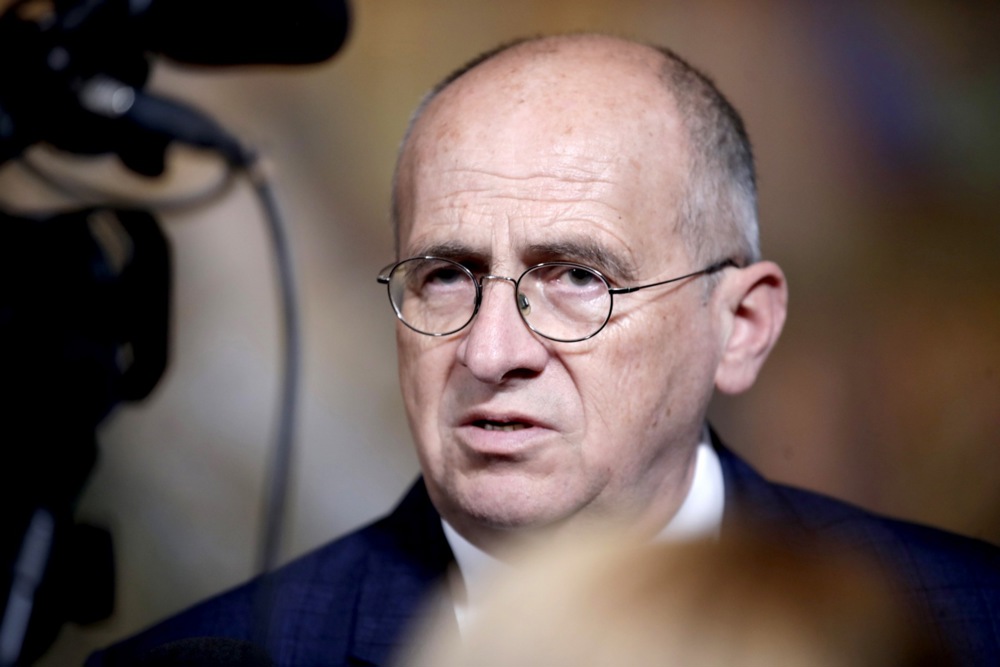Portugal is heading for a probable snap election after Prime Minister Antonio Costa unexpectedly ended his eight-year tenure amid a probe into possible corruption involving lithium and hydrogen projects.
President Marcelo Rebelo de Sousa called a Thursday afternoon meeting of the Council of State, an advisory body that must be consulted before dissolving parliament, and he’ll address the country immediately after. He’s due to meet political parties from 11 a.m. in Lisbon on Wednesday.
It’s not clear how the scandal — one of a number to mar Costa’s tenure — will affect voters. The investigation, which involved police raids on government offices, follows controversy about payments at state airline TAP SA that led to a public outcry and ministerial resignations. The government’s standing has also been rocked by challenges such as surging living costs and teachers’ protests.
In a poll late last month, Costa’s Socialists were leading with almost 29% support. But PSD, the centre-right party that’s the biggest opposition group in parliament, was just 3.7 percentage points behind.
When parliament was dissolved at the end of October 2021, an early vote was held about three months later. “We’re ready,” PSD leader Luis Montenegro said Tuesday evening.
A change of leadership may not necessarily lead to a major change in economic policy. With the debt ratio above 100 per cent of GDP and the memory of the euro area debt crisis — and Portugal’s bailout — still relatively fresh, fiscal discipline will likely remain central to any administration.
“A centrist party will probably continue to lead the country for the foreseeable future, but forming a new government after the elections might not be straightforward,” said Antonio Barroso, deputy director of research at Teneo, adding that a snap election is the most likely decision from the president.
The 10-year bond yield was little changed at 3.4 per cent on Wednesday. It peaked at 18% in 2012 at the height of the euro region’s debt crisis. Portuguese stocks were also little changed after the benchmark PSI index declined 2.5 per cent on Tuesday.
The prime minister’s resignation on Tuesday came as about 145 police officers raided locations including offices used by the premier’s chief of staff as well as the environment ministry and the infrastructure ministry to seize documents and other evidence.
According to the Portuguese Prosecutor-General’s Office, Vitor Escaria, the premier’s chief of staff, was among five people detained. The probe is centred on possible corruption related to lithium exploration concessions in the Romano and Barroso mines in northern Portugal, a hydrogen production project in Sines and a data centre project, also in Sines.
Prosecutors have also named Infrastructure Minister Joao Galamba as an “arguido,” a status that’s similar to person of interest.
References made by suspects about Costa’s intervention to “unblock” certain procedures will be assessed in an inquiry at the Supreme Court of Justice, the prosecutor said.
Costa, 62, said he has a “clear conscience” and will cooperate with the investigation. He won’t run in any election.





